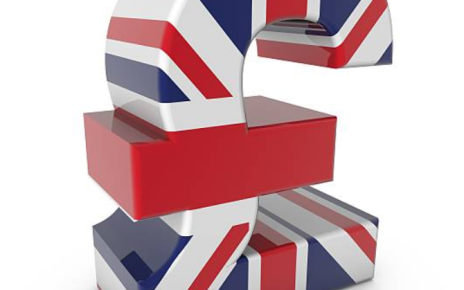- The Fed is prepared to raise rates in more significant increments.
- Traders sharply increased their bets on a rate increase of 50 basis points in March.
- Consumer expectations for inflation in the Eurozone decreased in January.
US equities ended Tuesday considerably lower after Federal Reserve Chair Jerome Powell informed Congress that the central bank would probably need to raise interest rates more than initially anticipated.
Powell warned US lawmakers that the Fed is prepared to raise rates in more significant increments, sending stock investors running for safety. Future economic data might indicate that tighter measures are required to curb price increases.
The comments were made after recent data revealed an unexpected rise in inflation in January and a surprising increase in the number of jobs created during the month.
Following Powell’s remarks, traders sharply increased their bets on a rate increase of 50 basis points in March. Money market futures last priced in a more than 70% possibility of such a move, up from about 31% on Monday.
Powell also said that the Fed would not contemplate modifying its 2% inflation objective and that the job market does not indicate an imminent economic slump. Powell will testify again on Wednesday before the House of Representatives Financial Services Committee.
The eagerly anticipated February nonfarm payroll will be one of the factors determining the Fed’s rate hike trajectory. Compared to the stronger-than-expected 517,000 jobs recorded in January, economists anticipate a gain of 200,000 jobs in February.
The yield on two-year Treasury notes, which best represents expectations for short-term rates, exceeded 5% for the first time since July 2007.
Increasing bond yields typically hurt stock values, especially those of growth and technology companies, as higher rates diminish the value of future cash flows.
Tuesday saw the most significant one-day decline in European shares in two weeks. Investors evaluated the likelihood of a 50-basis point rate hike by the US Federal Reserve.
This comes ahead of policy meetings by the Fed and the ECB later this month, with markets ready for another round of rate hikes.
Consumer expectations for inflation in the Eurozone decreased in January, according to a survey by the European Central Bank. Still, those for pay growth increased, fueling concerns that wage growth will impede efforts to control prices.
According to economists at Citigroup, the ECB will increase rates by 50 basis points in both March and May, raising them to approximately 4% by July.




